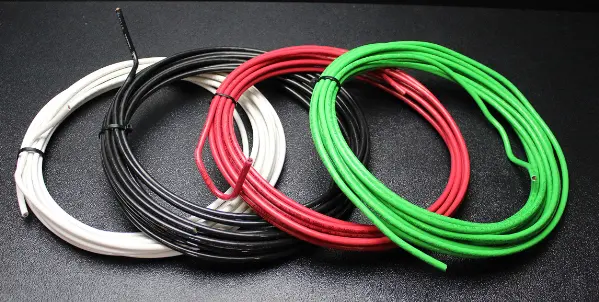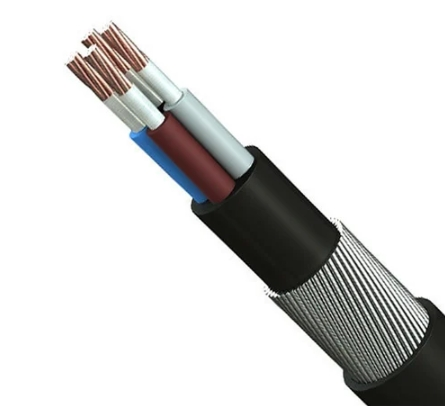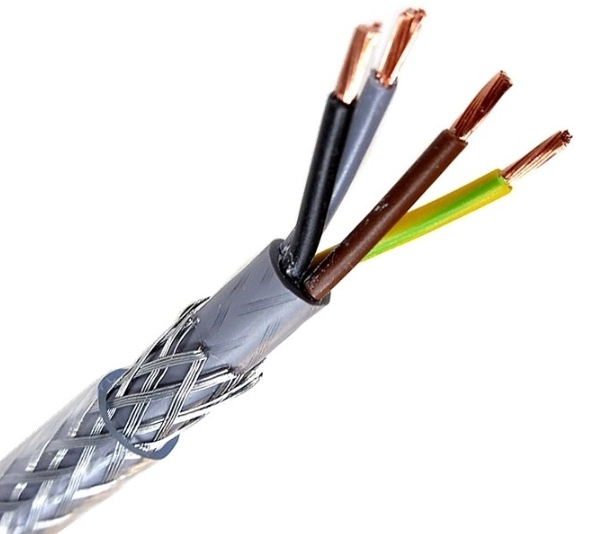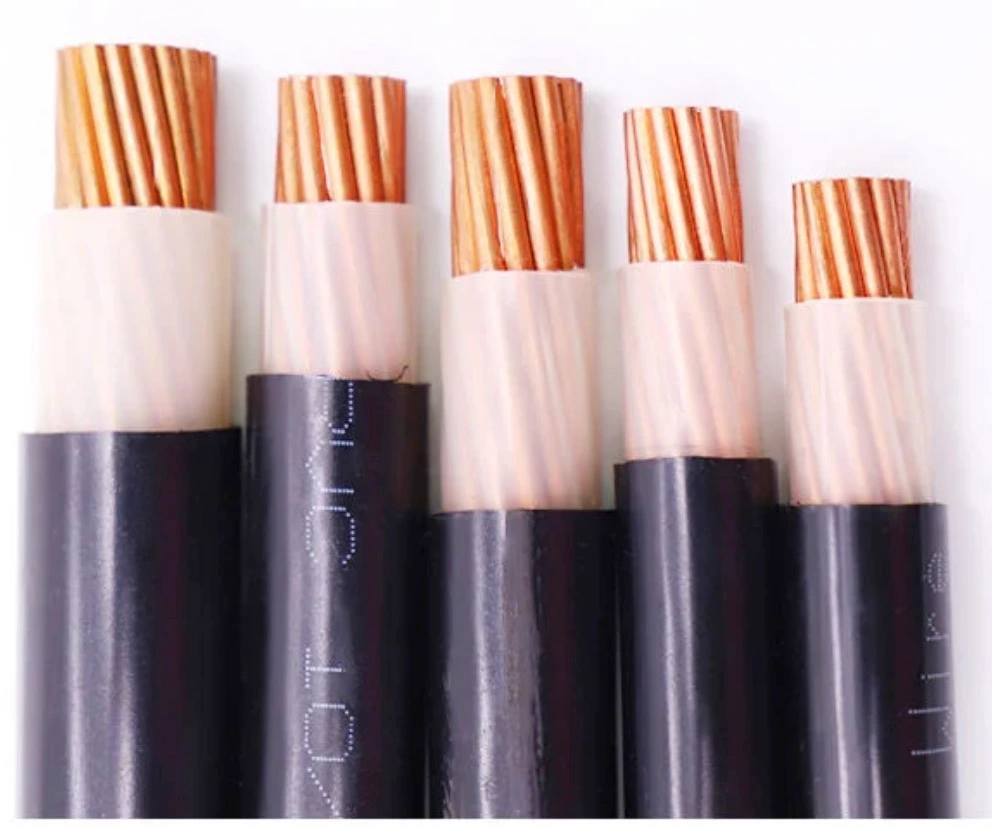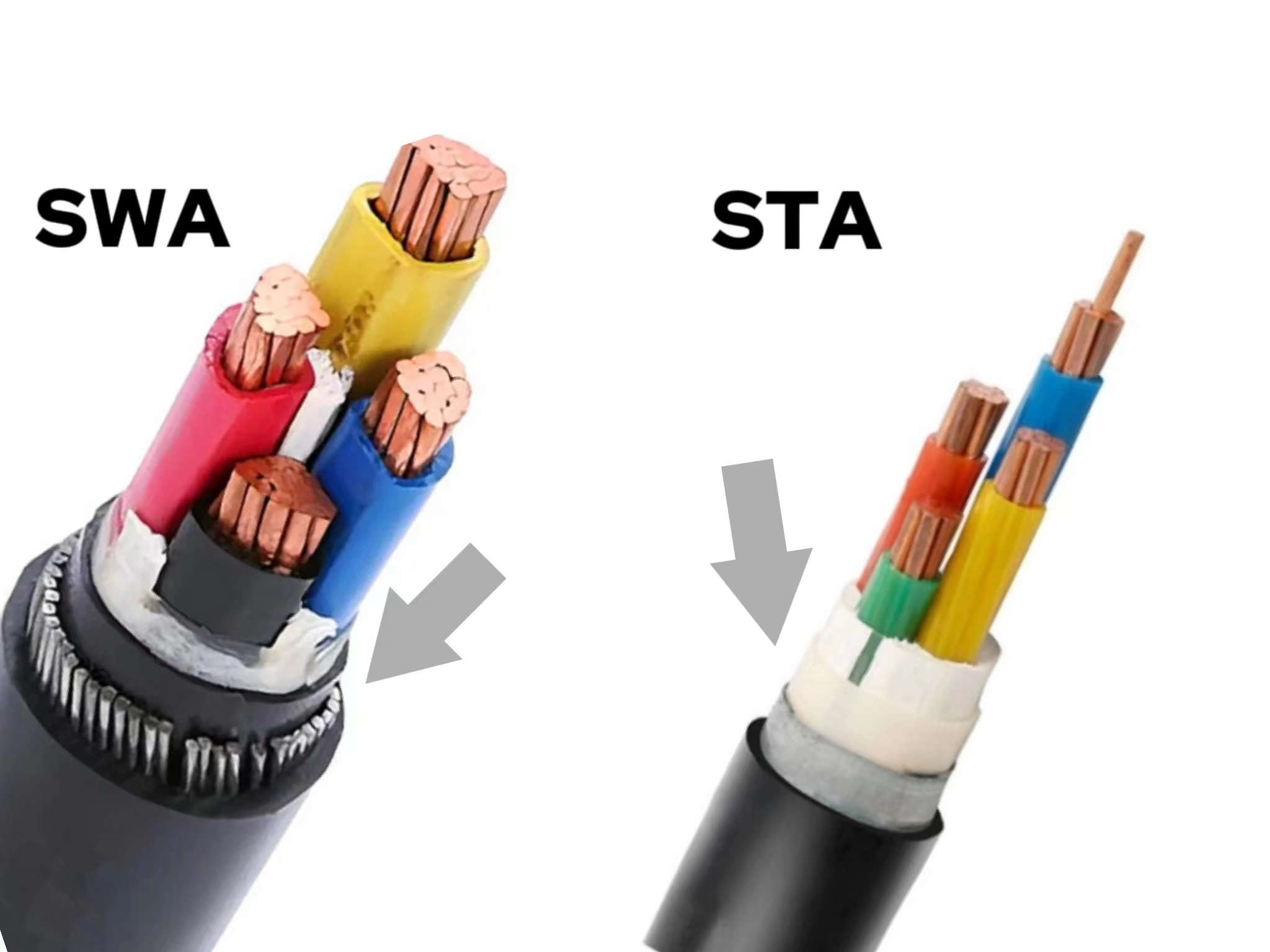Thhn vs xhhw is a popular topic for us because of their specification. People studied many types of electrical wires to use in everywhere; the thhn and xhhw wires are two different types of electrical wires, which provides more convenient life to humans.
Thhn vs xhhw can offer you a clear selection for your application. In this guideline, you can learn the pros and cons of thhn vs xhhw wire, the difference between thhn vs xhhw wire, and which is better xhhw wire vs thhn.
Now let’s study the merits and demerits of thhn vs xhhw wire first.
Pros and cons of the thhn wire
Thermoplastic high-heat resistant nylon sheath wire is abbreviated as thhn wire. Thhn wire is single-core with copper or aluminum conductor and wrapped with PVC insulation and nylon sheath, which used in residential and commercial buildings. Below are the pros and cons of thhn wires.

Pros of thhn wire
Heat resistant: The maximum working temperature of the thwn-2 wire can withstand is 90 degrees Celsius, thhn temperature rating are 75 degrees Celsius in wet and 90 degrees Celsius in a dry situation, which means that the effect of high temperatures does not easily damage it.
Durability: Thanks to PVC insulation and nylon sheath, the thnn wires are more resistant to abrasion and humidity, making them last longer for application.
Conductive: thhn wire has better conductive that transforms the electricity stably between one application to other application. It can be widely used in different electrical systems.
Cons of thhn wire
Limitations: Although the thhn wire is moisture resistant, when buried in the ground, the underground environment is wet, and conduit must be installed to provide additional protection for the thhn wire. And without additional protection, it is also not suitable for outdoor use, where prolonged outdoor exposure can cause damage to the insulation and affect the use of the thhn wire.
Inflexibility: Due to the PVC insulation and nylon sheath of thhn wires, causes thhn wires to become less flexible.
Thhn vs Thwn: These are two types of electrical wire with similar specifications, but their main differences are that thwn wire is more water resistant than thhn wire and thwn’s insulation is thicker than thhn’s.
Above are the advantages and disadvantages of thhn wire, then I will introduce the pros and cons of xhhw wire to you.
Pros and cons of the xhhw wire
xhhw wire is an abbreviation for XLPE high-heat resistant, water-resistant wire. Like thhn, it is a single conductor wire. But xhhw wires use XLPE insulation. Xhhw wires have no sheath and are also mainly used in residential and commercial buildings.
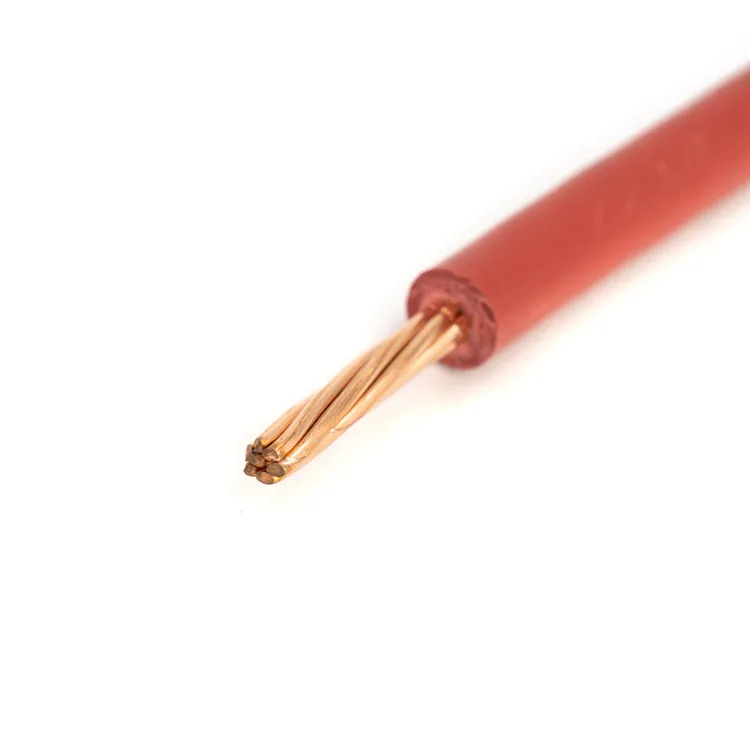
Pros of xhhw wire
Heat resistant: Like the thhn wire, the xhhw temperature rating is 90 degrees Celsius in dry environments and 75 degrees Celsius in humid environments. Xhhw-2 wire is rated at 90 degrees Celsius in both dry and humid environments. xhhw is highly resistant to high temperatures and will work well in high temperatures.
Durability: The XLPE insulation of the xhhw wire provides protection against moisture, abrasion, chemicals, and UV rays, making the xhhw very durable.
Conductive: The xhhw cable is able to transmit current efficiently and is flexible for different applications.
Installation: The xhhw wire is flexible and easy to install when wiring. Flexible bending in small spaces or tight bends.
Cons of xhhw wire
Of course, the xhhw wire also has demerits.
Limitation: As xhhw wires have only one layer of insulation, when external forces cause damage to the insulation or damaged joints, moisture can seep into the xhhw wire and damage it. Therefore xhhw wire needs to be protected by installing conduit when buried in the ground.
Flexible limitation: At extremely low temperatures, xhhw wires become less flexible.
No direct contact with chemicals: Although chemically resistant, it is not as good as the type of electrical wire that uses materials that come into direct contact with chemicals.
After learning the advantages and disadvantages of these two types of electrical wires, let’s look at whats the difference between thhn and xhhw wire to help you differentiate better.
what is the difference between thhn and xhhw
Although thhn vs xhhw wires have many similarities, such as thhn voltage rating and xhhw voltage rating are 600 volts. They may even be swapped for one another in specific circumstances. Between thhn and xhhw wires, there are still a lot of distinctions, which we examine in the sections below.
Insulation: Thhn wires use PVC insulation, while xhhw wire uses XLPE insulation.
Flexibility: As PVC material is not as flexible as XLPE, xhhw wire is more flexible than thhn wire.
Sheath: Thhn wires have a nylon sheath; however, xhhw wires do not have a sheath.
Heat-resistant: The xhhw wire is more heat-resistant than thnn wire.
Water-resistant: The xhhw wire is better than the thhn wire in terms of water resistance.
| THHN/THWN-2 | XHHW/XHHW-2 |
|---|---|
| T: Thermoplastic | X: XLPE(Cross-linked polyethylene) |
| HH: High Heat Resistant | HH: High Heat Resistant |
| W: Water Resistant | W: Water Resistant |
| N: Nylon Sheath | no sheath |
| -2: rating temperature is 90 ℃ in wet/dry | -2: rating temperature is 90 ℃ in wet/dry |
In conclusion, we already know the differences between thhn vs xhhw. So which is expensive, xhhw vs thhn cost.
Xhhw vs thhn cost
The price of xhhw is higher than that of thhn. Thhn wire uses the nylon sheath and PVC insulation increases the cost of making thhn wire, so people will spend more on the thhn than xhhw. The xhhw wires’ thermosetting insulation and high-temperature resistance of xhhw-2 wire make it more costly. Therefore, with the same specifications for cross-sectional area, length, etc., xhhw-2 vs thhn, xhhw vs xlpe will be more cost-effective, while xhhw will be more expensive than thhn.
Above are thhn vs xhhw, with some knowledge, which one is a better choice, thhn vs xhhw.
Which is better xhhw vs thhn
The thhn and xhhw wire are interchangeable to some extent, but which is better?
In water-resistant, the xhhw wire is more waterproof than thhn wire due to the difference in insulation material between them.
In durability, the xhhw wire will last a little longer than thhn wire, it is more resistant to the environment, so it will be more durable.
In terms of cost, thhn wires will cost less than xhhw wires. Xhhw wire vs thhn, thhn wire will be more cost-effective. In the same situation, people prefer to use thhn wires.
The thhn and xhhw wire each have their own benefits, and the exact one that is better needs to be combined with the actual application. So when will you use xhhw vs thhn wire, come along and study it.
When to use xhhw vs thhn wire
Whether selecting a wire, there are many things to take into account, therefore let’s examine whether to use thhn vs xhhw wire.
If installed on some heat-generating equipment or high-temperature environment, the wiring that considers xhhw wire, can be better to work, offer better protection and increase longevity.
When the surrounding temperature is suitable(below 90 degrees Celsius), and small budgets, the choice of thhn wire is sufficient and it ensures proper operation.
Of course, this is only a reference about thhn vs xhhw wire, and you can make a better choice by consulting your local electrician and checking the requirements of your local electrical system.
THHN VS XHHW Conclusion
Thhn vs xhhw wire can offer people a better solution to wire in residential and commercial buildings. After studying the thhn vs xhhw wire, not only do people have a better understanding of both types of wire, but also they can choose the electrical wire they need and know enough about the performance of both types of wire.
If you don’t have the type of electrical wires you want where you live, you can find ZW Cable. ZW Cable is a best partner for you. And we also have more comparisons, such as aluminum thhn vs xhhw, xhhw vs xhhw-2 and xhhw vs use. If you have related electrical problems, you can consult us, and we will give you an approving answer.

